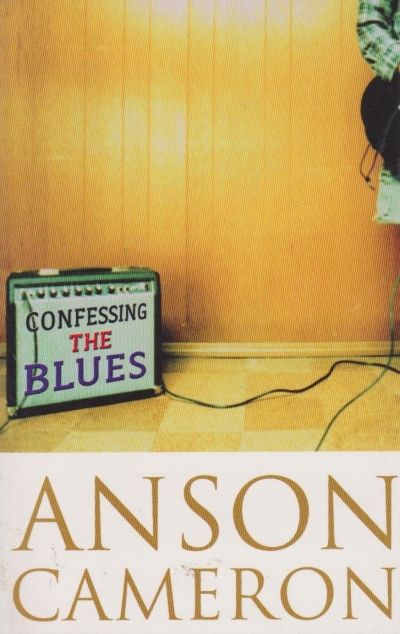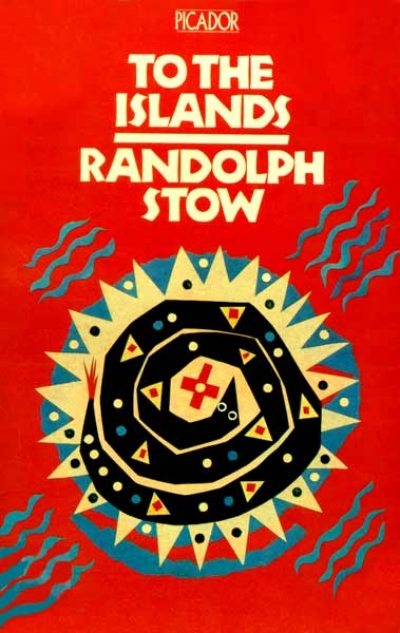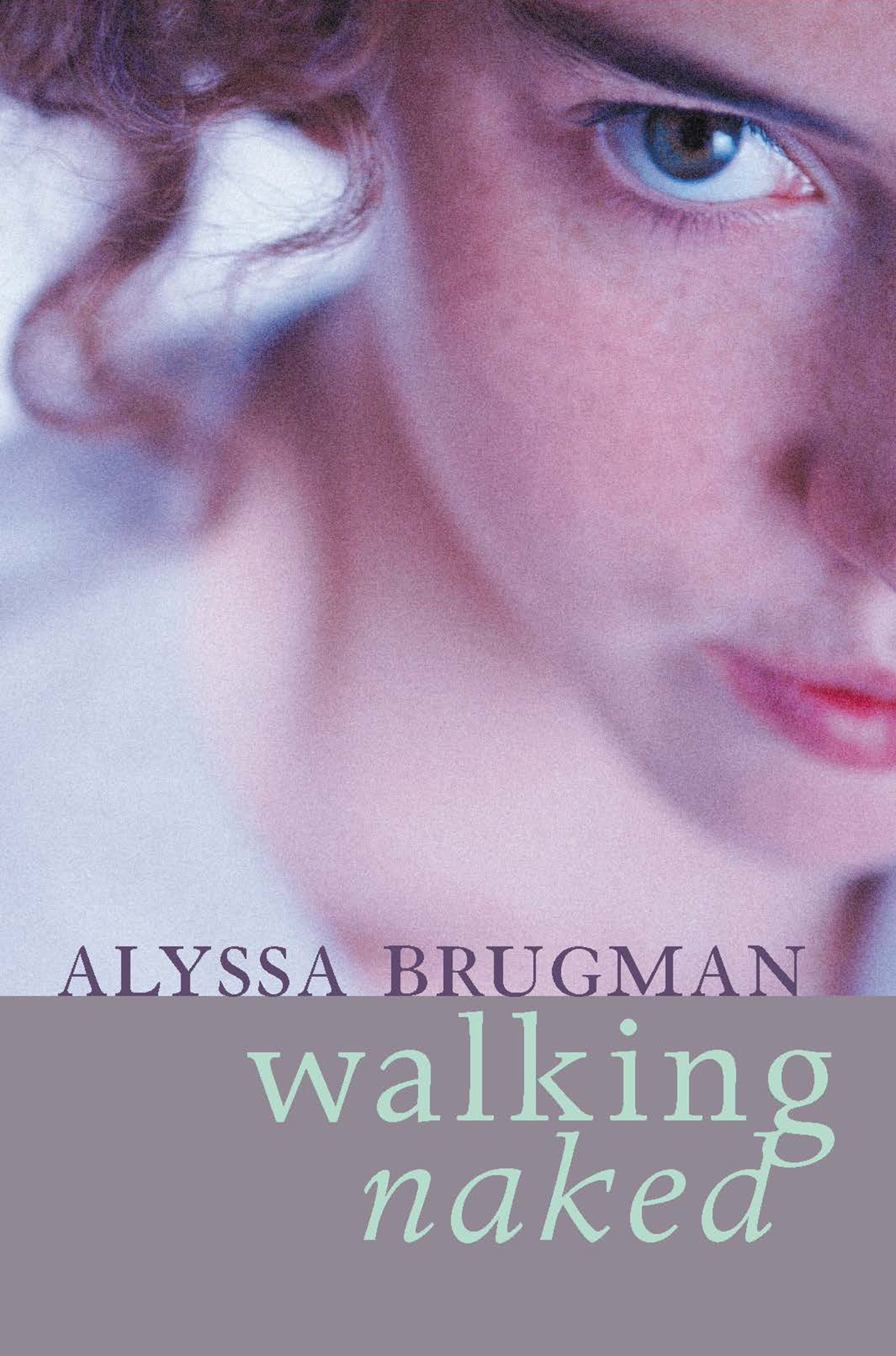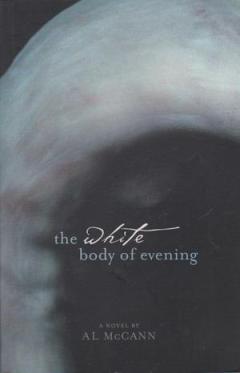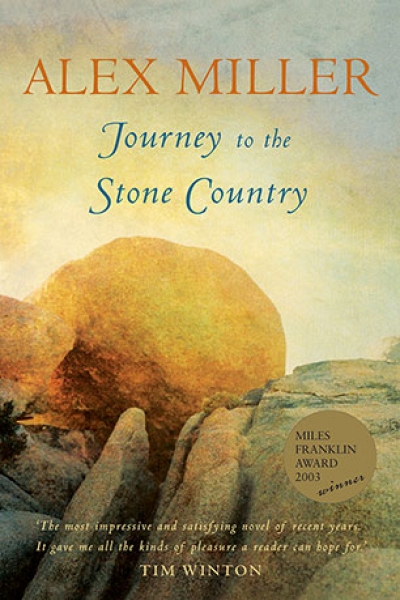Fiction
Bearded Ladies/Dreamhouse by Kate Grenville & Joan Makes History by Kate Grenville
by Carolyn Tétaz •
Confessing the Blues by Anson Cameron & Saigon Tea by Graham Reilly
by James Bradley •
Writing novels, he’s Tom Keneally. Works of history – such as The Great Shame (1998) about the Irish diaspora to the USA and Australian in the nineteenth century, and this year’s American Scoundrel, concerned with the adventures of politician, general and amorist Dan Sickles – are by Thomas Keneally. There is more doubling in Keneally’s most recent novel, for he uses two titles. In this country, we have An Angel in Australia; in Britain, The Office of Innocence. Each suggests a different line of approach to a novel that seems in some ways old-fashioned, so instinct is it with his earlier work. By the way, Keneally’s novel count is now twenty-six, including two under the pseudonym ‘William Coyle’.
... (read more)To the Islands by Randolph Stow & Tourmaline by Randolph Stow
by Thomas Shapcott •
Walking Naked by Alyssa Brugman & The Barrumbi Kids by Leonie Norrington
by Judith Ridge •



